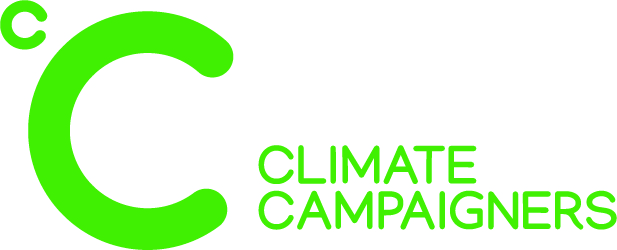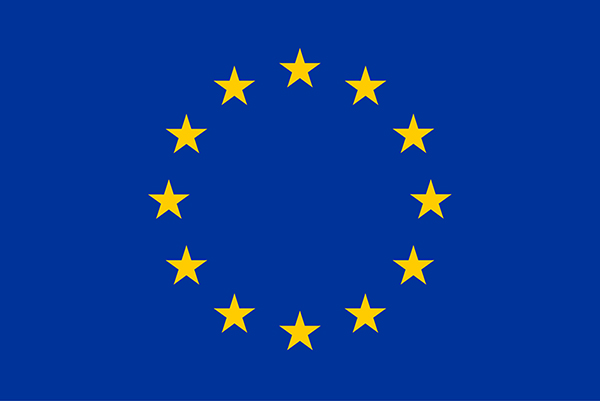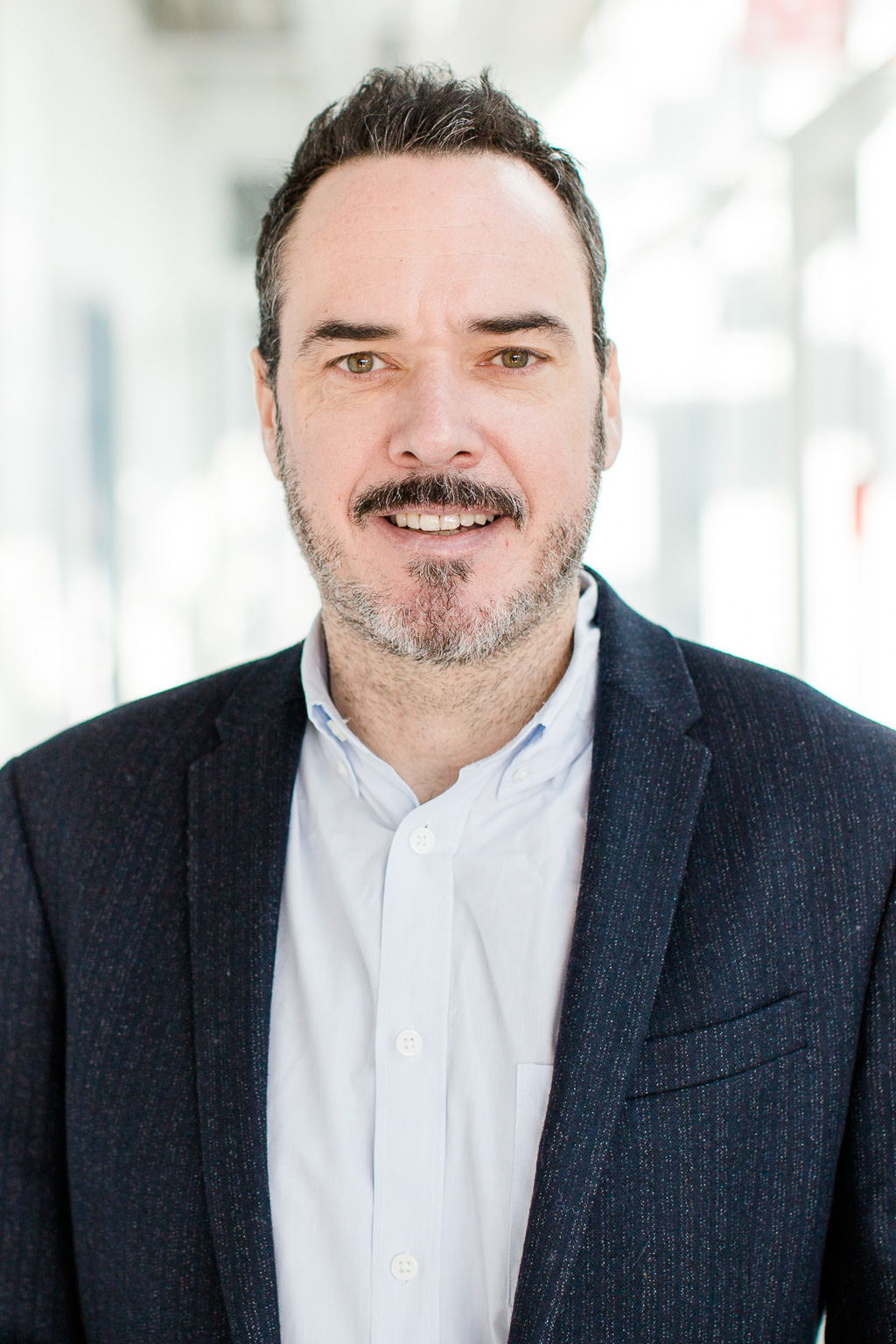Climate change is the challenge of our time and the direct participation of citizens is a significant approach to the solution. The project CAMPAIGNers aims to make low-carbon lifestyles a key part of the solution by identifying the potential for lifestyle change, and the associated barriers and enablers, across 5 continents and 14 major cities with over 20 million inhabitants. Feasible GHG mitigation pathways will be developed that incorporate the empirically validated lifestyle changes and applied to the main integrated modelling tools used in the EU to provide robust insights into the system-level impacts of large-scale lifestyle change. CAMPAIGNers builds on previous consortium-led projects that have significantly improved the understanding of societal structures and interventions that promote lifestyle change, and identified limitations in the existing evidence base. In particular, current research on lifestyle change is either limited to narrow, specific contexts or groups, or deals with hypothetical behaviours that most citizens have no real-world experience of. CAMPAIGNers’ groundbreaking approach overcomes these shortcomings by implementing a ‘goal-setting network’ where over 100,000 citizens receive and create challenges to try out tailored adaptations to their daily routines via an engaging app. Their responses to these challenges, associated treatments and short questionnaires will provide unprecedented data on behavioural processes, (local) barriers to change and motivators, allowing for empirically based scientific support to cities in designing policies to promote low-carbon lifestyles. Together with local, national and EU policy makers, the findings will be analysed in terms of the ‘right level to act’ and policy-ready recommendations will be derived.
CAMPAIGNers
Citizens Acting on Mitigation Pathways through Active Implementation of a Goal-setting Network

Project Description
Project Consortium
- National University of Ireland Galway
- Norwegian University of Science and Technolgy
- University of Cape Town
- Potsdam-Institut für Klimafolgenforschung
- Fondazione Eni Enrico Mattei
- Izmir University of Economics
- Lappeenranta–Lahti University of Technology
- Baku Engineering University
- Climate Action Network Europe
- ICLEI European Secretariat European Network for Community-led Initiatives on Climate Change and Sustainability
- SB-Konzept
- E3-Modelling
- Saints
- City of Milan
- Izmir Metropolitan Municipality
- City of Lahti
- DAFNI – Network of Sustainable Greek Islands
- City of Linz
- Municipality of Skopelos
- City of Freistadt
- City of Vilnius
- Municipality of Pesaro
- City of Gernoble
- City of Dublin
- Urbanisland
- Unus Peru
- Azerbaijan State Oil and Industry University
- Heas
- Energieinstitut an der JKU Linz
Project duration
01.05.2021 - 30.04.2024
Funding provider
EU
Funding program
Horizon 2020

This project has received funding from the European Union’s Horizon 2020 research and innovation programme under the grant agreement No 101003815.
Dissemination
Project websites:
Contact Person

Scientific Head
Energy Economics


